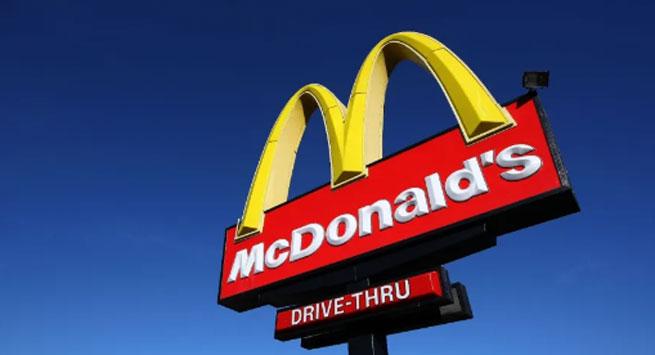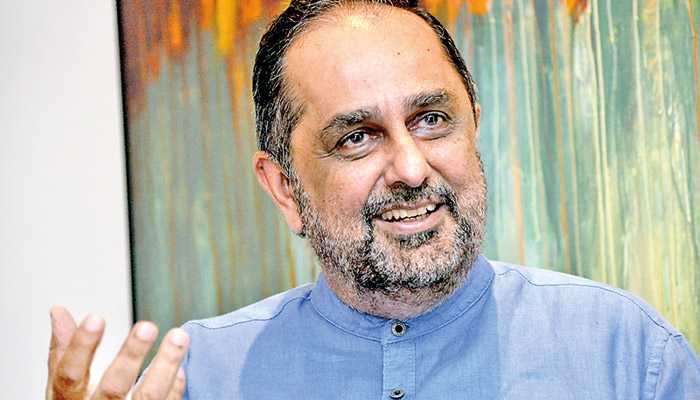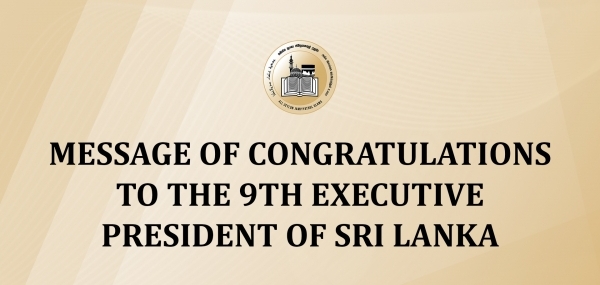The film Slumdog Millionaire after already having won several international awards has gone on to win no less than eight Oscars. No film, it appears, has ever provoked so sensational an international response as this one. What on earth is all this about? The question arises because on the surface it seems to be no more than an average rags-to-riches wish-fulfillment story, the kind of thing in which pop-cinema of the Bollywood order is supposed to specialize. Certainly the film brims over with vim, vigor, and vitality, but apparently there is no depth to the story which might serve to explain its obvious deep appeal across the international frontiers.
The first thing to do in trying to understand what all the fuss is about is to dispose of the notion that this is a Bollywood film. The Director Danny Boyle is British and so are the script-writer and many others involved in creating this film. The two main actors Dev Patel and Freida Pinto are British though of Indian origin. The co-Director is Indian, and so are the third main actor Anil Kapoor and the brilliant composer of the background music, A.R.Rahman. Taking count of this supra-national mélange, we have to regard this film as not Bollywood but British-Bollywood. The point I am leading to is that in this film we have outsiders looking at India, not Indians looking at India as in the typical Bollywood film.
With this distinction in mind we can avoid the blunder of looking at this film’s story as straightforward Bollywood narrative. The hero, a youth from the Mumbai slums, answers all the questions correctly in a question-and-answer game show and becomes an instant multi-millionaire. Flashbacks show that he got the clues to answer the questions correctly from what he had learnt as a Mumbai Slumdog. At the end of the film he recovers his long-lost childhood sweetheart, after his brother saves her from a gangster. I will not provide further details as it should be obvious that the story is excruciating if it is taken as realistic narrative bedecked with Bollywood glamour. And yet, most strangely, that is exactly how Salman Rushdie has taken it. He makes the point that the film keeps on heaping impossibility on impossibility, citing as an instance the detail that the location suddenly shifts from Mumbai to the Taj Mahal which is a thousand miles away. But obviously the film is not meant to be realistic narrative. It should be read, in my view, as a fable in the sense of a story conveying a moral, a point to which I will return later.
I will now note the ways in which the film diverges from the Bollywood conventions. It is a low-budget film in which the hero and heroine are portrayed by non-professionals, he an average wholesome youth and she a homely beauty with none of the metallic gorgeousness to be found in the typical Bollywood actress enjoying stellar status. Clearly this was meant to be a serious film without the box office being targeted in any way. When a boy and girl come together in a Bollywood film they break out into a celebratory song-and-dance number, and are quickly joined by scores of others who materialize out of nowhere. The same thing happens at the conclusion of this film, except that at several moments the boy and girl are shown dancing by themselves – which is clearly meant to mock at a hallowed Bollywood convention. The familiar sequence in which the hero mercilessly thrashes thirty to forty miscreants in his struggle for justice is absent in this film.
The film is notable also for including the kind of material that never, or hardly ever, figures in the Bollywood film. We are shown police brutality against an innocent suspect – brutality that can evidently be engaged in by the police with total impunity against the poor and the powerless. We are shown also a lethal anti-Muslim riot, the blinding of a small boy to make him more productive as a beggar, a girl forced into prostitution, and submoral gangsters who can wield enormous power over the poor. The game show host displays class hatred of a very nasty order when he tries to mislead the hero into giving the wrong answer to the final question – which would mean that the hero loses all his previous gains as well. It is a grim and horribly oppressive world that India’s poor are forced to inhabit in the film.
I will now address the question why this film has provoked enthusiasm of a sensational order cutting across international frontiers. It is certainly well above average in quality, a film that I believe will be viewed with interest fifty years from now, by which time it would have come to be established securely as a film classic. But this kind of positive judgment has been made about many films in the history of cinema, which however did not provoke anything like sensational enthusiasm as Slumdog Millionaire has done.
I believe that the most important part of the explanation lies in the fact that Jamal the hero of the film seems a thoroughly commonplace person in the worldly sense. He is not cast in a heroic mould, as shown by the fact that his girl is freed from the clutches of a gangster by his brother, not by himself. He is impressive neither for brawn nor for brain, and he becomes a millionaire by the accidental fact that the clues to the questions posed to him were given during his life in the slums, not acquired by his striving for knowledge. But I must interject at this point – since I am reading this film as a fable – that there is a clear implication that upward mobility in the modern world depends on knowledge more than on anything else. What does seem to be really impressive about him is that he is more than just a decent young fellow: he is morally absolutely sound. The film is suggesting that ultimately good will triumph over evil. It is an expression of the revolutionary ideology of the Enlightenment which has inspired a politics in which the three cardinal values are liberty, equality, and fraternity. It is an ideology that answers to the needs and aspirations of common humanity, and is therefore bringing about revolutionary changes all over the globe. It propelled Obama into the White House, and is now propelling Slumdog Millionaire into a sensational popularity across international frontiers.
I must acknowledge however that Slumdog provoked some thoroughly negative reactions in India, where it led to riots in Bihar and elsewhere. I will not in this article attempt an explanation for those negative reactions. Instead I will conclude by bringing out some details of which most Sri Lankans will be unaware. An exceptionally interesting article on this film published in the Palestine Chronicle by Aijaz Zaka Syed, apparently an Indian Muslim who is Opinion Editor of the Khaleej Times, points out that the worst off community in India today –worse off than even the Dalit untouchables – are the Muslims, a fact officially established by a federal commission. Syed holds that this is the consequence of discrimination against Muslims over many decades in every field except the entertainment industry, notably Bollywood. It is significant therefore that the hero of the film is a Muslim, Jamal. In the US the ultimate slumdog has been the Black American. In India the ultimate slumdog is the Muslim.
Post Disclaimer | Support Us
Support Us
The sailanmuslim.com web site entirely supported by individual donors and well wishers. If you regularly visit this site and wish to show your appreciation, or if you wish to see further development of sailanmuslim.com, please donate us
IMPORTANT : All content hosted on sailanmuslim.com is solely for non-commercial purposes and with the permission of original copyright holders. Any other use of the hosted content, such as for financial gain, requires express approval from the copyright owners.
 Sri lanka Muslims Web Portal Diversity and Inclusiveness – Sri Lanka Muslims
Sri lanka Muslims Web Portal Diversity and Inclusiveness – Sri Lanka Muslims




It is my view that the outcome of this movie should be for us, simple citizens of the third world, to take up the cudgel to clean up our own slums in our countries which is, n doubt, most apalling and unacceptable in this age and time.
How best can we do this, together?
Let’s put o our thinking caps, please.